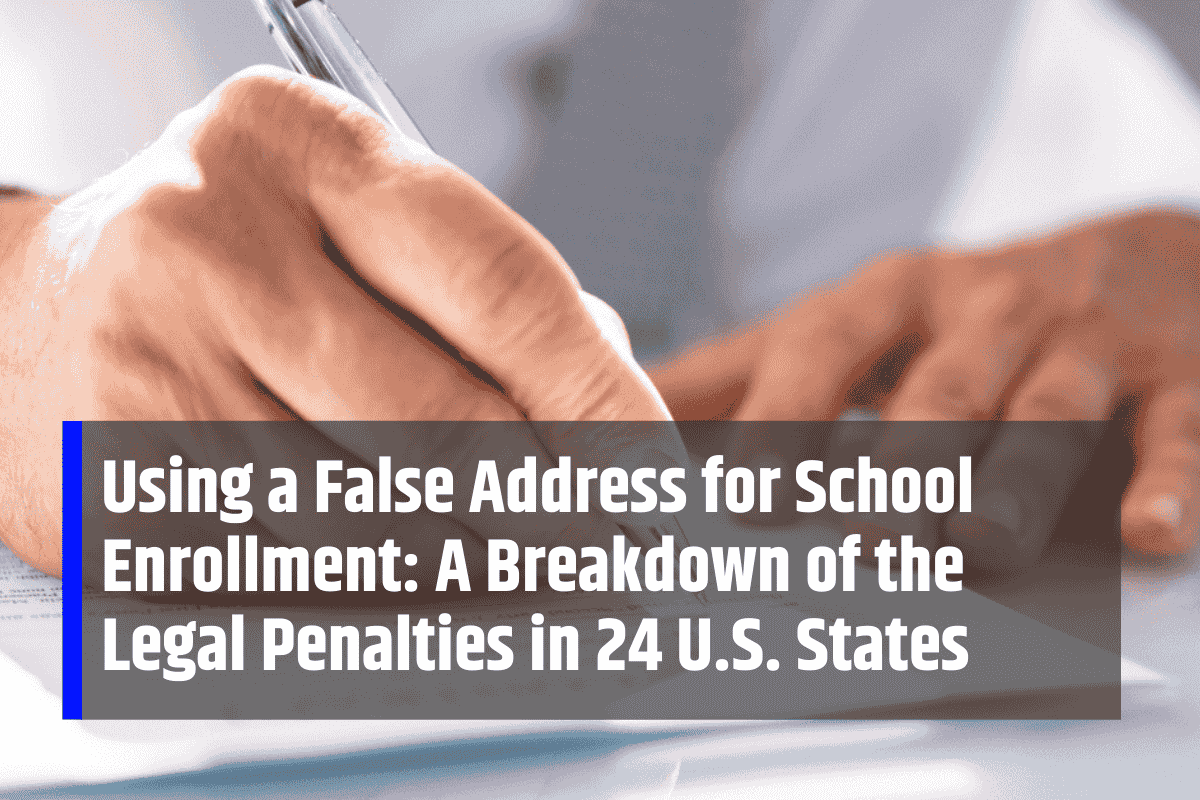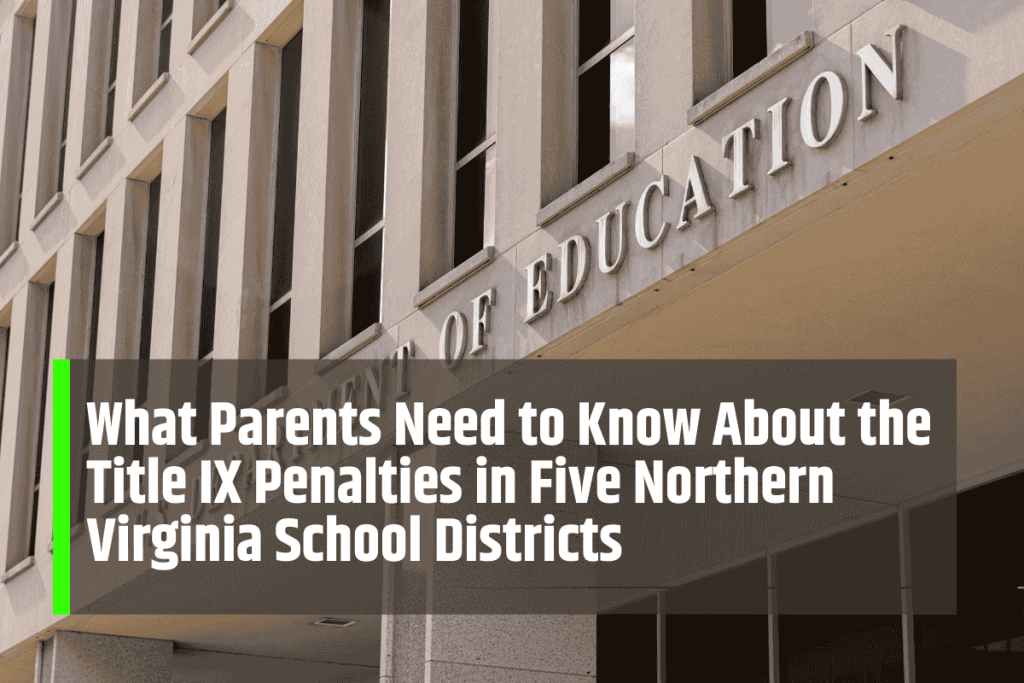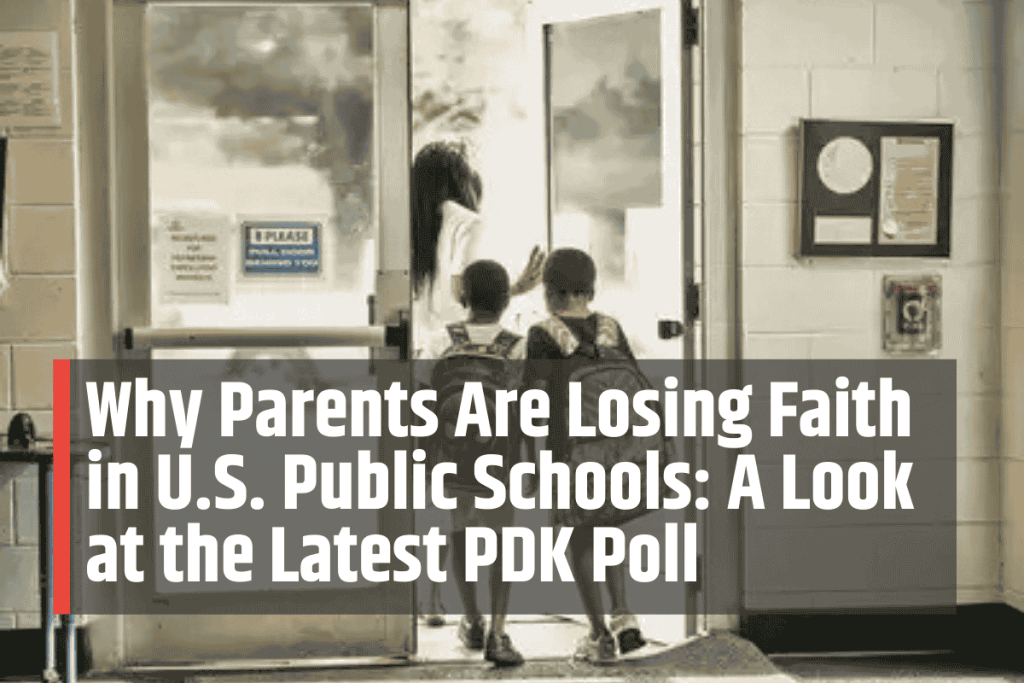Parents across the United States—whether in bustling cities like Atlanta or Phoenix, suburbs near Cleveland or Denver, or small towns in New England—often seek better schools for their children. When local options feel unsafe, overcrowded, or underperforming, some resort to “address sharing,” a practice fraught with legal risk.
Criminalization in Many States
In nearly half of U.S. states, providing a false address to secure enrollment is considered a criminal offense. Consequences can include fines ranging from modest sums to several thousand dollars. In more severe cases, parents face jail terms lasting from a few days to nearly a year.
The District of Columbia and Beyond
The District of Columbia imposes retroactive tuition bills alongside potential imprisonment. Families found guilty may owe tens of thousands of dollars in addition to fines. Even when charges are avoided, the financial burden of repaying improperly received education can devastate already struggling households.
Real-Life Family Impacts
For families outside cities like Philadelphia, the stakes are real and deeply personal. Some children are quietly removed from schools without legal prosecution, while others face life-changing outcomes. In Pennsylvania, parents temporarily staying with relatives have faced prosecution and even threats of losing custody for residency violations.
Unequal Enforcement Patterns
The enforcement of these laws often falls unevenly. In cities such as St. Louis and Philadelphia, Black, Hispanic, and low-income families are disproportionately targeted, while wealthier or white families may avoid similar scrutiny. This selective enforcement raises urgent questions of fairness and systemic bias within public education systems.
The Connecticut Exception
Connecticut stands alone as the only state to decriminalize address sharing. While parents there may still face civil consequences or tuition reimbursement demands, the removal of criminal penalties represents a more compassionate approach. Advocates see this as a potential model for other states grappling with the same dilemma.
The Financial Toll on Schools
Residency fraud carries high financial stakes for districts. Public school systems lose millions annually when students enroll without paying proper tuition. Retroactive bills can reach tens of thousands of dollars per family. Meanwhile, districts suffer from reduced revenue, overcrowding, and resource strain, deepening inequities within public education.
Regional Variations in Penalties
Punishments differ widely by state. In parts of Missouri or Oklahoma, parents may face misdemeanor charges, fines, or short jail sentences. Oklahoma lawmakers have even debated repealing criminal penalties as modern transfer laws increase flexibility. In Virginia, violations remain misdemeanors, but families must repay tuition, intensifying financial stress.
Moral Dilemmas at the Core
For many parents, the decision to falsify an address is rooted not in deceit but in a desire to protect children. Better schools promise safety, opportunity, and hope. Yet districts argue residency rules preserve fairness, funding integrity, and manageable class sizes—pitting parental instincts against institutional responsibilities.
Equity and Selective Punishment
Selective prosecution compounds the moral tension. In Chicago, some students have been barred from elite programs or billed retroactively, while others escape accountability. The inconsistency undermines trust, suggesting that rules are enforced unevenly and often at the expense of the most vulnerable families seeking opportunity.
Exploring Policy Alternatives
To reduce incentives for residency fraud, some states are adopting open enrollment laws. Kansas and Idaho allow transfers across district lines, though with limitations. These policies attempt to broaden access without forcing parents into legal jeopardy, offering a potential middle ground between rigid boundaries and outright fraud.
Calls for Reform
Advocates argue for systemic solutions beyond open enrollment. Expanding attendance boundaries at the county level could reduce disparities between “desirable” and “undesirable” schools. Others call for repealing criminal penalties nationwide, replacing punishment with civil measures and supports that prioritize equity, compassion, and access to opportunity for all families.











Leave a Comment